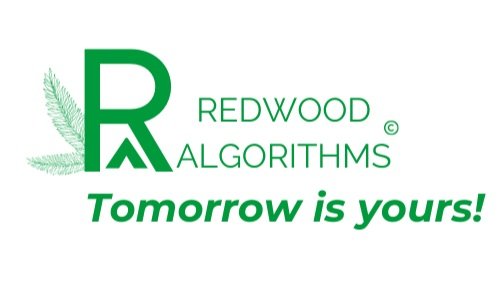ChatGPT is being looked at as the technology of tomorrow with massive business implications but have we thought about the dangers? This artificial intelligence (AI) capable of creating human-like conversation, could be the heir to the throne Google held as the world’s most used search engine.
A tool for better business intelligence
ChatGPT is a version of the GPT (Generative Pre-training Transformer) language model. This language model was uniquely designed to yield human-like responses based on user input. This feature of human-like response generation is revolutionary and businesses are using it to optimize the customer experience. ChatGPT is a technology that automates tasks like responding to customer queries and it does so while providing a more engaging user experience. Now that’s what you call a win-win-win, it is good for the business, and the customer, and ChatGPT sure loves being of help.
Limitations
The GPT language models are essentially AI models that have been trained with all the information on the internet (up to a certain date, such as ChatGPT has been trained on data until 2021). However, these models also require adequate tuning to generate ideal responses.
OpenAI, the developers of various GPT models had to hire Kenyan laborers to fine-tune its responses; to essentially discard the responses that could be potentially considered sexist, racist, or violent. According to a Forbes article, these human labourers were being subjected to harmful content they had to recognise and discard while being paid less than $2 an hour. They spoke to TIME while being anonymous in the disclosure of their experiences.
So, on one hand, ChatGPT has been revolutionary in generating responsive human-like content; on the other, these AI-based chatbots pose some significant threats. With that said, there are always ways to successfully leverage any technology and you could learn to effectively use ChatGPT without confronting a steep learning curve.
Another heated debate
Technological advancements should be celebrated milestones but the common public is wary of AI as “AI will steal all jobs”.
These AI tools are capable of fully automating and optimizing repetitive tasks previously performed by humans. Hence, they are essentially capable of replacing the humans who used to conduct these operations.
With that said, wouldn’t it be good to ponder over the fact that not all tasks can be ‘automated’? AI-based tools are only capable of automating monotonous tasks that should have been done by robots anyways. When we are capable of automating these tasks our workforce could focus on contributing in terms of other skills such as creative solutions, innovation, critical thinking, and decision-making rather than working laborious tasks to earn a livelihood.
AI-based tools could also be used to your benefit as you use them to automate monotonous tasks in your daily life to maximize your productivity.
The Dangers of ChatGPT
Would an AI system generating biased responses be ideal? By definition, a perfect AI system would enhance human-decision making capabilities technologically. Since it has access to a variety of responses, ideally it should be able to choose the best one.
We should focus on promoting a culture of ethics related to AI. Having more transparency and performance evaluation metrics surrounding AI would result in less biased responses. It is also important to consider that an AI tool generates its responses based on what it's trained on. Hence, the responses could be inconsistent or wrong if the information used for training wasn’t right.
Opportunities amidst threats
In light of this new technology, businesses need to think about how they are doing their work, what products and services they offer, and how AIs like ChatGPT could enhance workflows and deliver better customer experiences.
Chat-based AI can augment how humans work by automating repetitive tasks while providing more engaging interactions with users.
Businesses can use ChatGPT technology to generate responses for their own customer service chatbots, just like we do at Redwood! According to an Opus Research report, 35% of consumers want to see more companies using chatbots — and 48% of consumers don’t care whether a human being or an automated chatbot helps them with a customer service query.
Technology With Huge Potential
Overall, tools like ChatGPT have the potential to improve efficiency and productivity in a variety of business contexts by automating tasks that would normally be performed by humans.
However, ChatGPT is still a relatively new technology, and its capabilities are likely to continue to evolve and improve over time. For now, let's make the best out of this AI renaissance!

